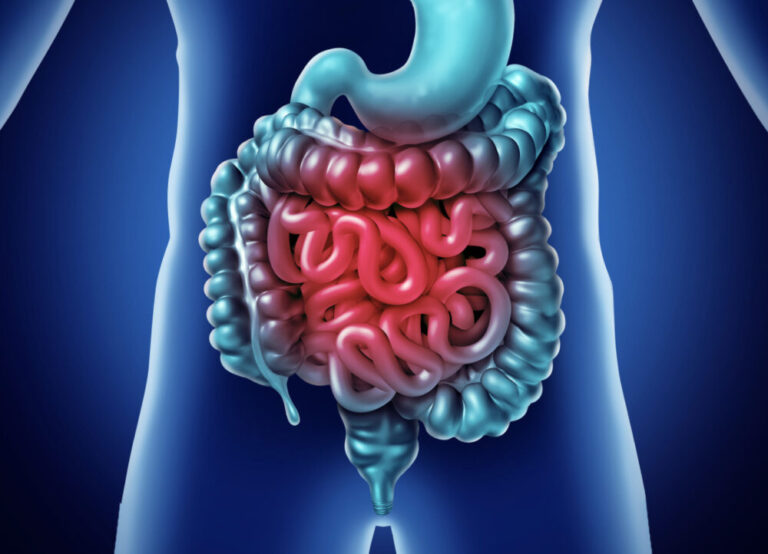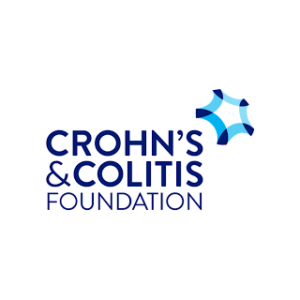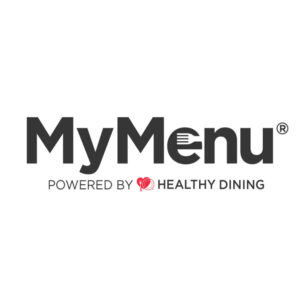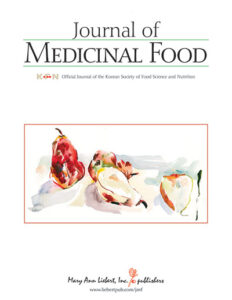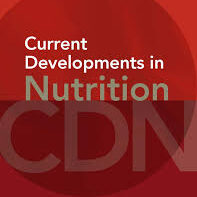Ulcerative Colitis, Crohn’s Disease & Pregnancy: Key Things to Know
Danielle Gaffen, MS, RDN, LD
- Last Updated
Many women with inflammatory bowel disease (IBD) may wonder if they can safely have a baby with Crohn’s or colitis, so here are answers to the most common questions.
Ulcerative Colitis (UC) and Crohn’s Disease are chronic conditions that can be difficult to manage. For women who are pregnant, the challenge can be even greater. This article will cover some of the key things to know about Ulcerative Colitis, Crohn’s Disease, and pregnancy.
Can You Have a Baby if You Have Crohn’s Disease or Colitis?
It is a common concern for women with Crohn’s Disease or Ulcerative Colitis to worry about the impact that their condition may have on their pregnancy and their unborn child. These chronic conditions can cause symptoms such as abdominal pain, diarrhea, and fatigue, which can make it challenging for women to manage their condition and care for themselves during pregnancy.
The good news is that most women with Crohn’s disease or ulcerative colitis can have a successful pregnancy. However, it’s important to consider the information below and work closely with your healthcare team to manage your symptoms and to minimize any potential risks for you and your baby.
Does Crohn’s or UC Get Worse in Pregnancy?
Pregnant women with IBD are not more likely to have a flare-up than women who are not pregnant. In fact, some women’s symptoms may even improve during pregnancy.
If a woman has active symptoms when she becomes pregnant, she may have stable symptoms, improvement, or worsening.
Can Crohn’s Disease or UC Cause Birth Defects?
Babies born to mothers with IBD are more likely to be born early and weigh less than babies born to healthy mothers, especially if a woman experiences severe symptoms during pregnancy. They are also more likely to be delivered by C-section.
Some studies have shown that women with IBD are more likely to have complications during pregnancy or childbirth. However, there is limited evidence to suggest that babies born to mothers with IBD are more likely to have birth defects.
Biologics During Pregnancy
Biologic medications, like Humira and Remicade, are medications that are commonly used to treat IBD.
Active IBD is associated with an increased risk of preterm birth, low birth weight, and fetal loss. Except for methotrexate and tofacitinib, the risk of a flare outweighs the risk of IBD medication. Maintenance of remission from IBD should be the main focus of care. However, it is also not advised that a woman become pregnant when starting a new medication.
If you are pregnant or planning to become pregnant and are taking a biologic, talk to your doctor about the risks and benefits of continuing your treatment during pregnancy. In general, it’s important to work closely with your doctor to manage your symptoms and to minimize any potential risks to your developing baby.
Nutrition for a Healthy Pregnancy When You Have IBD
If you have IBD and are pregnant, it is important to pay close attention to your nutrition to ensure that you and your growing baby are getting the nutrients you need while also managing your IBD symptoms.
- Eat a balanced diet
- Eat small, frequent meals
- Consider supplements
- Stay hydrated
- Consult with an IBD dietitian
Here are some tips for nutrition during pregnancy when you have IBD:
Eat a Balanced Diet
A balanced diet that includes plenty of fruits, vegetables, whole grains, lean protein, and healthy fats is essential for a healthy pregnancy. If possible, make sure to include as wide of a variety of foods from each food group to ensure that you are getting a wide range of nutrients.
Eat Small, Frequent Meals
Eating small, frequent meals throughout the day can help manage morning sickness and IBD symptoms, such as nausea and diarrhea. It can also provide more opportunities to fit in nutrition throughout the day.
Consider Supplements
Your healthcare team will likely recommend prenatal supplements which include folic acid since it is a common nutrient deficiency in Crohn’s and colitis. Your team may also recommend supplements if you are unable to get enough nutrients from your diet, such as vitamin D and calcium.
Stay Hydrated
Drinking plenty of fluids is essential during pregnancy, and especially important when you have IBD. Aim for at least 12 cups of water a day, and consider drinking oral rehydration solution beverages if extra electrolytes are needed.
Consult with an IBD Dietitian
Working with a registered dietitian nutritionist who specializes in IBD and pregnancy can be helpful in developing a customized nutrition plan that meets your unique needs.
Overall, maintaining a healthy diet is crucial during pregnancy when you have IBD. By working with a registered dietitian and making informed food choices, you can help manage your IBD symptoms while ensuring that you and your growing baby are getting the nutrients you need for a healthy pregnancy.
Take Home Message
- Managing Ulcerative Colitis and Crohn’s Disease during pregnancy can be challenging, but with careful monitoring and management, most women can have a successful pregnancy.
- It’s important to work closely with your doctor and IBD to manage your symptoms and to minimize any potential risks to your developing baby.
Here are some helpful links for further reading:
- Pregnancy Fact Sheet – Crohn’s and Colitis Foundation
- Before and During Pregnancy – IBD Journey
- IBD & Pregnancy: Meeting the Challenge – Gi Society Canadian Society of Intestinal Research

